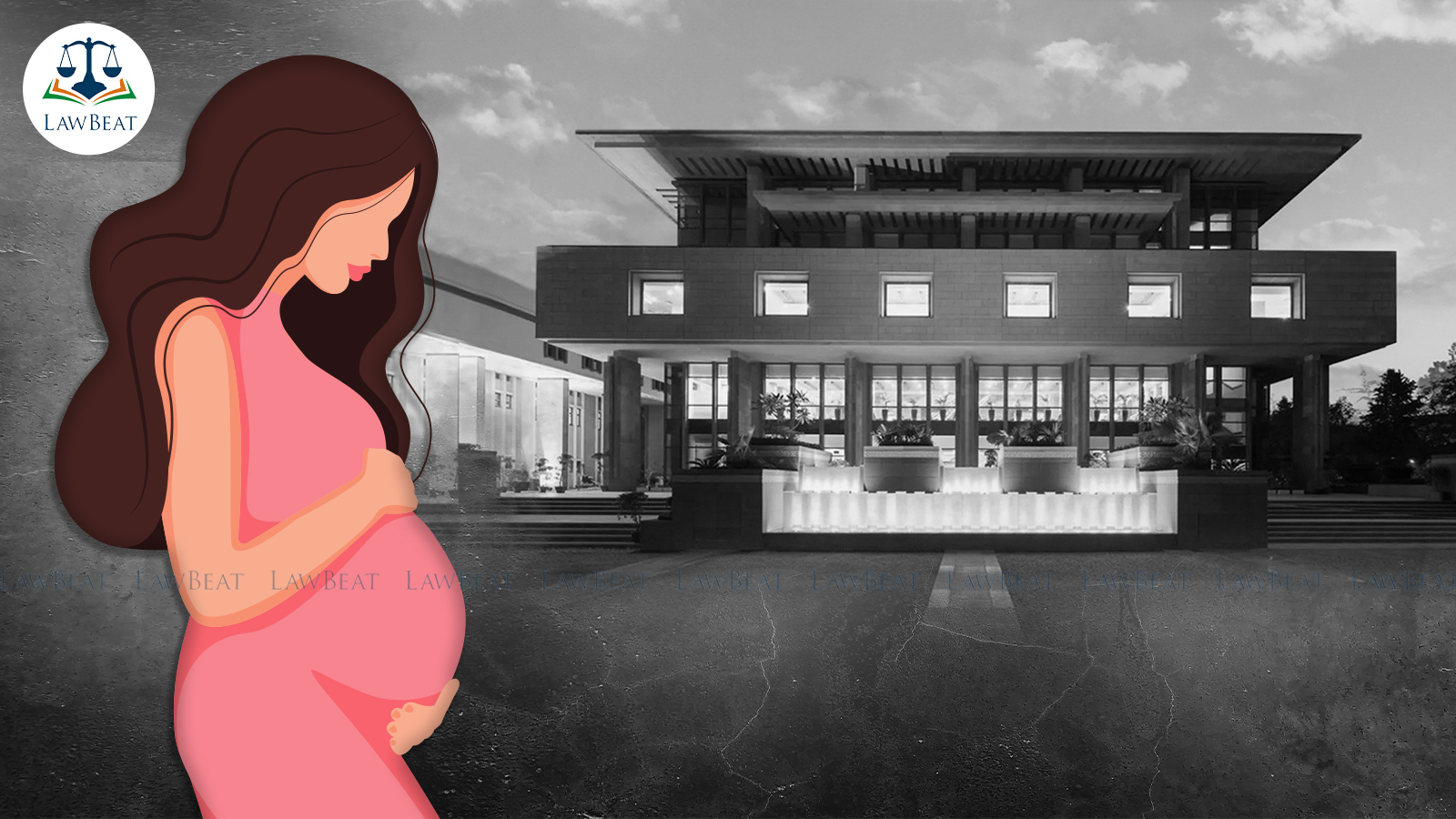Maternity Benefits Act applicable to contractual employees: Delhi High Court

The High Court has pointed out, on the question of validity of claims, of whether maternity benefits will be applicable to a contractual employee, that there was nothing extraordinary or outrageous that she was seeking. “Having to tender to her own person and the child that she is bearing is not only in the best interest of herself and her child but also an entitlement of a woman,” the court said
The Delhi High Court has held that since the Maternity Benefit Act, 2017 is a welfare legislation, the argument that a woman will be bereft of benefits on account of being a contractual employee, is completely devoid of merit.
While deciding the case of a woman claiming maternity benefits on account of being employed with the Delhi State Legal Services Authority (DSLSA) on contract basis on the Juvenile Justice Board, the court has reiterated a catena of judgments that lay out the objective of the Act.
It has stated, “The liberty to carry a child is a fundamental right that the Constitution of the Country grants its citizens under Article 21…. to stand in the way of exercise of this right by a woman, without procedure or intervention of law, is not only violative of the fundamental rights granted by the Constitution of India but also against the basic tenets of social justice”.
Court has added, “It is clear, upon considering the view that has been repeatedly taken, that the Maternity Benefit Act is a welfare and social legislation and the intent of the legislature in no manner could have been to limit or restrict the extent and scope of reliefs that may be granted to all those falling within the ambit of the Act. There is nothing in the language of the Act or in its provisions which suggests that a working expecting woman would be barred from getting the reliefs due to the sole reason of the nature of their employment,” the Court pointed out.
The petitioner woman was employed with DSLSA as a legal aid counsel on a daily fee from May 9, 2016. In April 2017, she conceived a child and applied for maternity leave for seven months in October, 2017. It was her case that she was advised bed-rest by her doctor, after she had worked till the 7th month of pregnancy. However, the DSLSA declined her request, stating that there was no such provision applicable to her as she was not at par with the regular/permanent employees, who were being provided with maternity benefits.
Court said that the health and well-being of a mother and child are paramount during the gestation period and that the benefits do not merely arise out of statutory right or contractual relationship between an employer employee but are a fundamental and integral part of the identity and dignity of a woman who chooses to start a family and bear a child.
The high court has extrapolated on the constitutional principles of meting out equal treatment amongst equals, instead of identical treatment. While doing so, it has thrusted upon Article 15(3) of the constitution of India which allows the law-makers to create special laws for women. Further to this, court has discussed the need to promote a conducive environment for women at work so that she doesn’t have to choose between career and motherhood and can do both. “A conducive environment would also mean a workplace that creates and provides equality in opportunities, pay, liberties, protection, security of job and facilitates gender equality etc.,” it stated.
The Court said that the woman was receiving remuneration in terms of her appointment which required her to be paid a fee prescribed in terms of the Schedule and that there was no doubt that the case of the petitioner is covered under the definition of wages as provided under the Maternity Benefit Act.
“…..this Court finds no force in the argument on behalf of the respondent that the relationship between the parties was of a client and advocate and not that of an employer and employee. The petitioner was not being paid a professional fee, but was being paid remuneration for her services and was also required to work as per a specific fixed time scheduled,” said the bench.
Court commented on the irony of the petitioner woman being employed with the Juvenile Justice Board to protect the interest and welfare of the children who may be suffering at the hands of the criminal justice system and yet, was not able to secure the benefits that were necessary for the best interest and welfare of her own child, while allowing benefits for the time period as provided under the Maternity Benefit Act, 2017 of 26 weeks.
Case Title: Anwesha Deb Vs. DSLSA
Click here to read judgment
